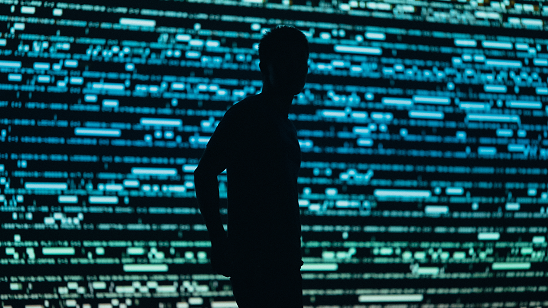Privacy: nothing to hide, nothing to fear?

"I've got nothing to hide so I've got nothing to fear from [insert surveillance program here]" is a commonly heard retort to concerns about our diminishing ability to keep our personal information private.
In its most extreme form, the "nothing to hide" argument is easy to dismiss - for after all, almost everyone has something to hide that they would prefer the world did not see, even if it is only ill-advised private photos. It's also a self-centred view, because even if I personally feel I have nothing to hide, I can't guarantee this is the case for family and friends.
But the "nothing to hide" argument in its more moderate form is a little more subtle than that. It isn't really suggesting the world should know every embarrassing fact about our private lives - or that there should be surveillance cameras in our bedrooms. Rather, it is talking about automated government surveillance programs trawling our personal data. The argument says these programs aren't particularly interested in our deepest personal secrets, unless they pertain to national security. So the more moderate "nothing to hide" argument is only referring to data that is actually likely to be collected by these programs, and claims this data is unlikely to be viewed by humans.
These surveillance programs are justified by the high value we place on detecting and preventing terrorist attacks. "Nothing to hide" says that because law-abiding citizens have little to hide from these programs, the greater good of national security should take precedence over personal privacy concerns.
Privacy is more than concealing wrongs
This notion of privacy is, however, based on the premise that privacy is all about concealing our personal wrongs. But according to Daniel J. Solove, privacy is a vague term that has many different connotations and can't be reduced to a single concept. For example, privacy is not just an inherent individual right, but is granted by a society because it has social value - it gives us freedom from others intruding on us, and this reduces societal conflict. This means eroding our privacy has consequences for society as well as individuals.
Solove contends that privacy is best understood by looking at the numerous problems that can arise from privacy violations. The "nothing to hide" argument forces us to consider privacy in a very narrow manner, and so it implicitly excludes many of these problems to win its argument. We need a broader view of privacy problems before we decide that having nothing to conceal means we can accept the diminishing of our privacy.
What are these broader privacy issues that Solove is referring to? We'll examine them in the second part of this post on privacy.
